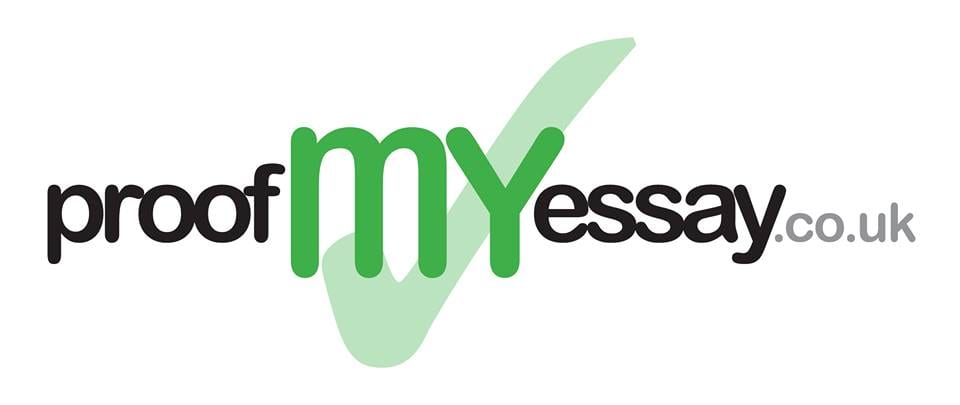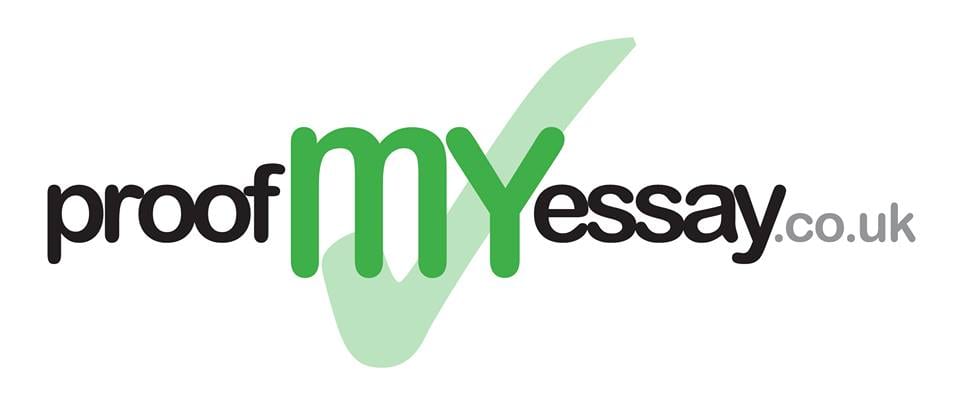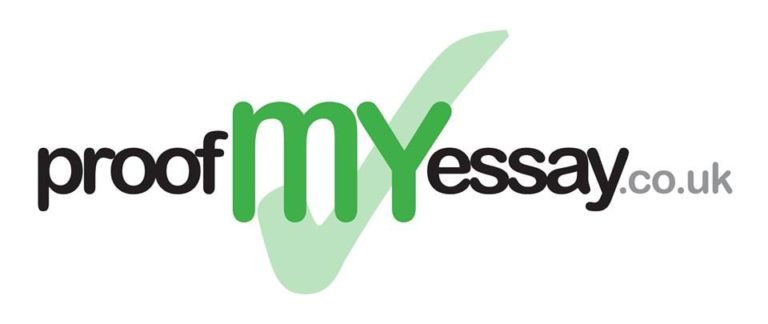Internal and external communication across businesses that are both small and large is essential. All businesses must put across a professional appearance, one that will instil the confidence of employee and customers alike.
There is a wealth of commercial environments that benefit from employing the services of a copy-editor or proofreader. These two professions are inherently linked. Both demand that syntax, tone and flow, grammar, spelling and formatting simultaneously.
The role of a copy-editor is to edit material prior to publication. Such editorial changes completed by the copy editor hardly involve large-scale changes, rather minor alterations to improve the overall content. Once these changes are made the completed material is sent to the typesetter who’ll produce proofs. These will be checked by the proofreader.
Here is a look at the difference between proofreading and copy-editing in greater detail.
The final checks performed by the proofreader consist of analysing the grammar, spelling and any typos, punctuation, formatting and editorial style. The proofreader will not alter the author’s style, rather he or she will correct the surface areas that are missed by the copy-editor.
As with anything else, another pair of trained and experienced eyes offer further insight into the material and may spot errors that have been initially missed.
Copy editing will improve the content, and make sure that the syntax is clear and, where necessary, improved upon. They will clarify the message and ensure that the appropriate audience is catered for. All ambiguity and confusion will be addressed and resolved and all legal disclaimers acknowledged.
The entire process may result in several editorial stages that will involve altering the structure and re-writing the content. If a significant re-write is appropriate this is called developmental or substantial editing.
As you may have guessed, the lines of clear definition between proofreading and copy-editing are somewhat blurred. If you’re considering employing the services of either a proofreader or a copy editor is paramount that you know what you want to achieve with the materials. A word of caution however, should you decide to bypass the services of either a proofreader or copy editor then you run the risk of publishing material with errors and frustrating or even alienating your audience.


